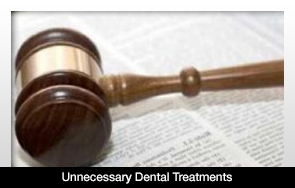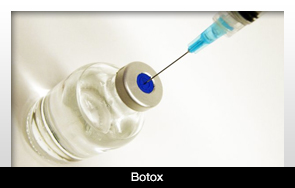Written by Dentistry TodayFriday, 28 June 2013 13:23
 |
It will soon be harder for dentists in Texas to perform unnecessary dental treatments.
A new Texas law will take effect January 1, 2014 that will give more power to regulators in regards to determining what dental treatments are essential. The law was set in motion based on numerous reports of transgressions that came to a head after an investigation by the Center for Public Integrity and PBS Frontline.
The reports indicated that Kool Smiles, a dental chain that focuses on Medicaid dental treatment for children, was performing dental procedures that didn’t have to be done. Former employees of the chain came out and said that they were instructed to perform the more costly procedures whenever possible. There were instances of putting more expensive stainless steel crowns in the teeth of babies instead of fillings, which would have easily sufficed.
In 2010, there were more than 15,000 children who had unnecessary dental procedures performed on them. Only one dentist, however, had his or her license revoked based on these unnecessary procedures.
The law, which was spearheaded by Republican State Rep Lois W. Kolkhorst, allows the state dental board to have a greater ability to look into these situations. The law will also ensure that parents always have the ability to be in the room when their children visit the dentist.
It will be mandatory for dentists working for these chains to report information to the dental board. Prior to this law, the state didn’t have any information about the dental procedures performed by chains such as this one.
